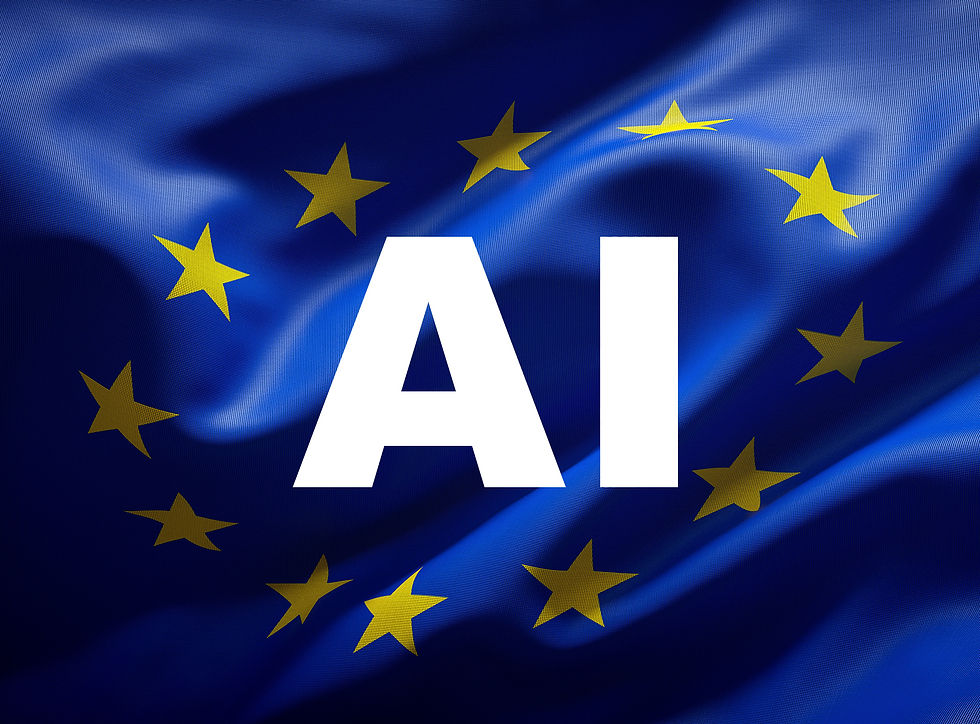EU gears up for AI supremacy battle with €200 Billion investment plan
- Marijan Hassan - Tech Journalist
- Feb 18
- 2 min read
The European Union is stepping up its AI game with a €200 billion ($207 billion) funding initiative aimed at closing the gap with the United States and China. European Commission President Ursula von der Leyen announced the funding boost at the AI Action Summit in Paris, France, signaling Europe's commitment to AI as both a force for good and a driver of economic growth.

A continent-wide AI push
The new funding builds on the existing €150 billion ($155 billion) in the European AI Champions initiative, backed by venture capital firm General Catalyst and leading European industrial players such as ASML, Airbus, Siemens, Infineon, Philips, and Volkswagen. The EU budget aims to “derisk” private sector investments, ensuring that the region remains competitive in the global AI race.
Von der Leyen highlighted that the InvestAI fund will finance four future AI gigafactories across Europe to train large, complex AI models. This follows the EU’s earlier announcement of seven AI factories in December, with five more set to be revealed soon. She characterized this effort as a “CERN for AI,” emphasizing a collaborative, excellence-driven European approach.
Competition from the US and China
Europe’s AI investment still falls short of America’s $500 billion Stargate Project, backed by SoftBank, OpenAI, Oracle, and MGX. US President Donald Trump described the initiative as “the largest AI infrastructure project by far in history,” even as Elon Musk questioned whether the US has the funds to back it.
Meanwhile, China’s DeepSeek AI project is also gaining momentum, adding another competitive force to the global AI landscape.
Balancing growth with regulation
Von der Leyen, known for shaping Europe’s data privacy and antitrust regulations, also announced a shift in the EU’s approach to AI oversight. The Commission has withdrawn the long-stalled ePrivacy Regulation and the Artificial Intelligence Liability Directive (AILD), which had been criticized for making it easier to sue AI companies. This move signals an effort to reduce bureaucratic red tape and encourage AI innovation.
Daniel Friedlaender, Senior Vice President and Head of CCIA Europe praised the Commission’s willingness to review past policies, calling for “regular legislative reassessments” to ensure a dynamic and well-functioning EU regulatory framework.
A global AI vision
While the EU boasts the world’s first AI-specific legislation with the EU AI Act—set for enforcement in 2026—it also aims to shape AI development globally. At the summit, the EU led a declaration calling for AI that is “open, inclusive, transparent, ethical, safe, secure, and trustworthy.”
Signatories included China, Australia, Japan, Canada, Korea, and the African Union. Notably, both the UK and the US declined to sign the declaration. The UK government cited concerns about "national security" and "global governance," while US Vice President JD Vance warned that excessive AI regulation could “kill a transformative industry just as it's taking off.”
Vance also hinted at tensions over Europe's Digital Services Act, suggesting potential friction between the US and Europe on tech regulation.









